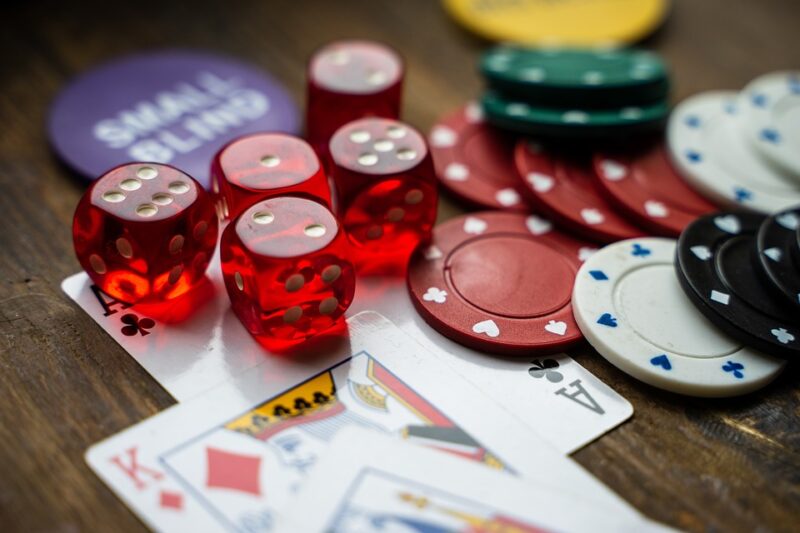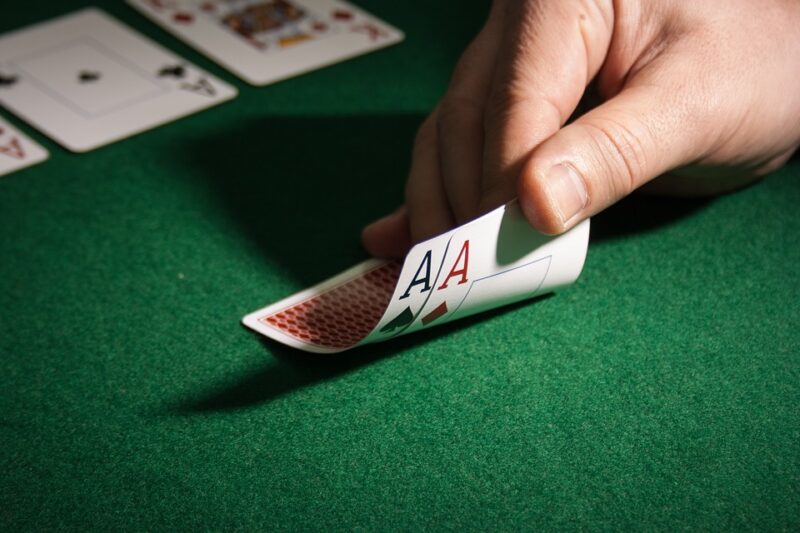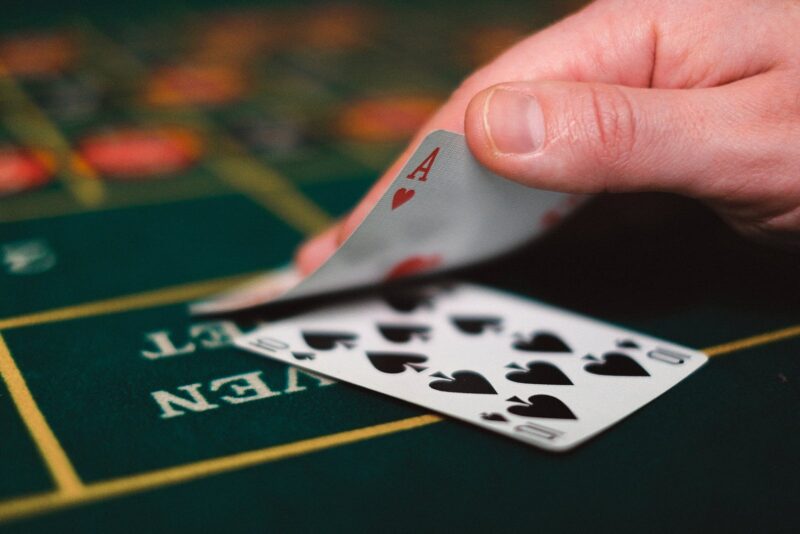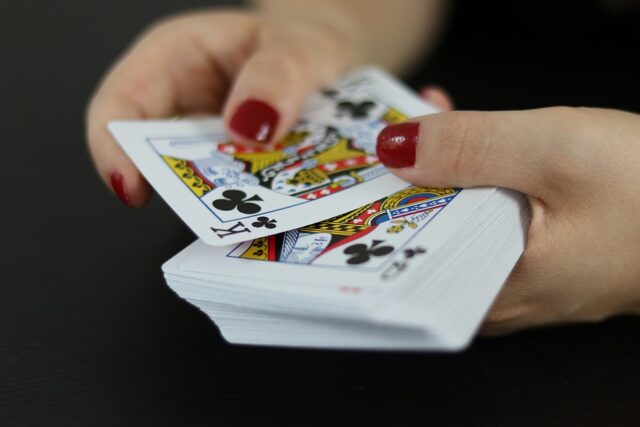Gambling involves betting money on the outcome of an unpredictable event. People can gamble on any life event like a horse race or the possibility of a machine churning out a specific type of ball. However, in these types of gambles, the gambler has a minimal role to play. All he has to do is place a bet and wait for luck to favor him.
However, there are games like Blackjack and Poker where a gambler plays a very significant role. He has to be alert, logical and have excellent analytical skills to win in these games. People all over the world love playing Poker because of the thrill and excitement associated with the game. If someone wants to enjoy a game of Poker at an online Casino, they can try real money pokies Australia.
A Brief Description Of The Game Of Poker
In Poker, a player gets a set of five or seven cards. The player’s aim is to win the pot, which is the total amount of money that has been wagered in the game. There are two ways to win. The first way involves a huge element of luck. In this case, a person wins if he gets the best set of cards.
However, there is another way to win, which involves the use of the player’s mental abilities. Here a player has to make his opponents believe that his cards are good even if they are not. This will ensure that the opponents will fold, that is, leave the game to avoid a showdown-like situation. And when only one player is left, that person wins the pot.
Use Of The Mind In A Game Of Poker
Understanding Logic And Mathematics

Poker cards are ranked based on the concept of probability. The higher the rank of a given set of cards, the rarer the possibility of getting that combination of cards. For instance, getting five numbers in a sequence from a single suit is rarer than getting three or four numbers sequentially in a given suit.
Hence, a set of five sequential numbers ranks higher than a set of four sequential numbers. So a player has to be smart enough to understand the logic behind Poker if he has to master the game and win it.
Use Of Problem Solving Abilities
In most card games like Blackjack and Poker, an ace is a special card. An ace can be used as the highest or as the lowest card as per the requirements of the game. In Poker, an ace can be used as the highest or the lowest-value card. So if a person has a sequence of numbers like 5, or 4,3,2, then he can use the ace as a low-value card and use it as 1 to form a sequence of five cards. Likewise, if need be, the ace can be used as the highest-value card in a series. A player has to be attentive and alert if he wants to use the ace properly and win a game.
Predicting The Opponents Cards

Poker is all about predicting who has a better set of cards. So a good player is one who can predict his opponent’s cards based on the bets that they place or the frequency with which they replace cards.
If a player predicts that he has the best set of cards, then he will try to raise the bet as much as he can because he will eventually win the pot. However, if a player realizes he has a mediocre set of cards, he should check (not bet in a particular round) or fold, leaving the game to minimize losses.
Having Good Memory Power
Poker is a complex game, and remembering so many rules is not simple. It is difficult to remember which set of cards makes a royal flush and which set makes a straight flush or a full house. Thus, which set of cards makes the best hand and how the hands are ranked is quite difficult to understand.
For instance, four sequential numbers from the same suit rank higher than the same number from all four suits. Hence, a Poker player has to have a great memory to remember all the rules and also a calm mind to apply those rules properly.
Ability To Handle Multiple Things At A Time

Poker involves a lot of multitasking. A person cannot just focus on predicting or bluffing his opponents. He has to take care of many factors, like the number of chips that he has.
A person can bet as per his wishes only if he has an adequate number of chips.
Again the chips are shaped and colored differently, and a gambler has to keep in mind the color coding of the chips as well. So this game involves the ability to handle many things simultaneously.
Ability To Bluff The Opponent
Bluffing is the most tricky yet the most vital part of winning a game of Poker. When a person bluffs properly, he can make his opponents believe that he has the best chance of winning. Players usually bluff by raising the amount that they bet or by increasing or decreasing the number of cards that they replace per round.
However, bluffing goes beyond raising bets and picking cards; it involves a person’s confidence and body language. A good player is one who can tactfully cheat his opponents and can also decipher if his opponent is trying to bluff him. Thus, there is a two-way game; the first is bluffing others convincingly, and the second is not getting bluffed by the opponents.
Conclusion
Thus, Poker involves using one’s brain and is not merely a game of luck. It is often compared to Chess as it involves long-term thinking, critical analysis and problem-solving abilities. However, what makes it more tricky than Chess is that unlike in Chess, in Poker, a player cannot see his opponent’s cards and the best that he can do is predict what his opponent’s cards could be.









